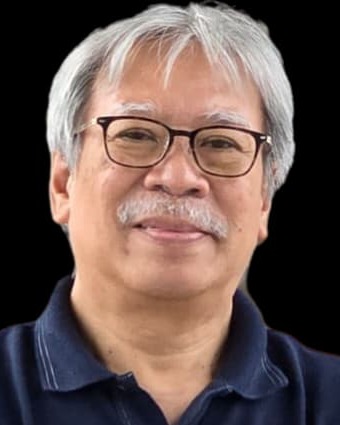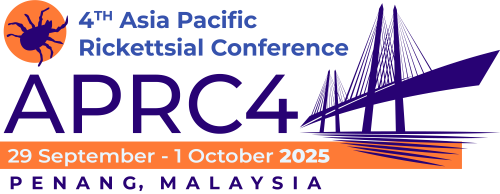Prof DrSazaly Abu Bakar SENIOR PROFESSORTropical Infectious Diseases Research & Education Centre (TIDREC), Higher Institution Centre of Excellence (HICoE), Universiti Malaya

Sazaly Abu Bakar is a senior professor at Universiti Malaya. He received his PhD and training in virology at the University of Texas Medical Branch, Galveston, Texas, USA. He is the Founder and Executive Director of the Tropical Infectious Diseases Research and Education Center (TIDREC), a Higher Institution Centre of Excellence (HICoE)of the Ministry of Higher Education, Malaysia. He also serves as the director of the WHO Collaborating Centre For Arbovirus Reference & Research (MAA-12) and the Head of the Tick Cell Biobank Asia Outpost. He is a Fellow of the Academy of Sciences Malaysia since 2015. He was the Editor and Chairperson of the subcommittee for the drafting of the first Malaysia Biosafety and Biosecurity Policy and Guidelines. He has over thirty years of research experience in emerging infectious diseases especially in dengue and other arbovirus infections. To date, he has published over three hundred research papers in academic journals and graduated over sixty-five post-graduate students, including Masters and PhD students. He held numerous national and international grants for research, especially in emerging vector-borne infectious diseases. He espouses better health for poverty eradication.
Day 2 - 30th September 2025
| Time | Session |
|---|---|
|
11:00
12:30
|
Jintan 1
|
Day 3 - 1st October 2025
| Time | Session |
|---|---|
|
11:30
12:00
|
Andaman Grand Ballroom
|
